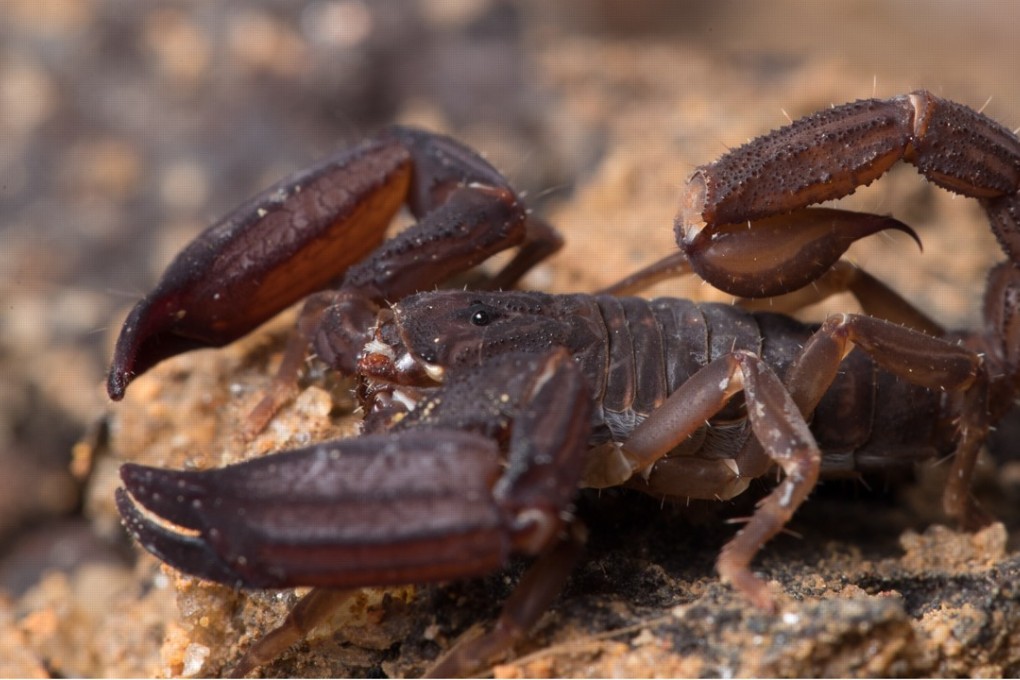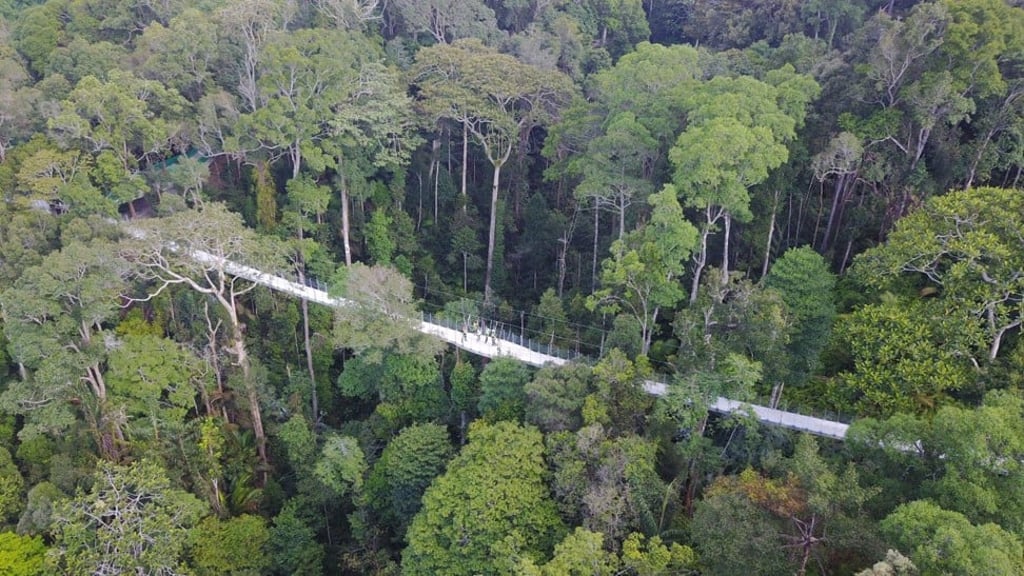Penang Hill’s 2018 bid for Unesco status boosted by findings of world’s first whole-forest biodiversity survey
At least four new species among discoveries in recent top-to-bottom study of Malaysia’s Penang Hill rainforest, with organisers hoping that the findings will support an application next year for it to become a Unesco World Heritage Site

Scientists have reported four new species found during an unprecedented top-to-bottom rainforest study at Penang Hill, Malaysia. The recent two-week “BioBlitz” saw 117 scientists and students from Malaysia and around the world join forces to thoroughly document the area’s flora and fauna, from the treetops to beneath the soil.
“We exceeded our expectations,” says expedition leader Dr Meg Lowman, the Lindsay chair of botany at the California Academy of Sciences, which partnered with The Habitat Penang Hill, an eco-park, for the October study. “We had double the participants we had hoped for – 60 per cent of them women. We achieved the world’s first whole-forest biodiversity survey, meaning we discovered creatures at the tops of the trees as well as in the soil.”
The good, bad and ugly sides to a holiday in Penang, Malaysia
While participants are still logging and processing their findings from the survey – which covered everything from birds to algae – so far several creatures have been reported as likely being new to science, including species of “ghost scorpion”, iridescent flies, bacterium and tardigrade (aka “water bears”). There have also been numerous sightings of species new to Penang, as well as new records of species found in the forest canopy that had before only been seen on the floor.
“We gathered over 1,500 records of species in only 10 days,” Lowman says.

Lowman hopes that the findings will help promote the conservation of the forest and support next year’s application for it to become a Unesco World Heritage Site.
